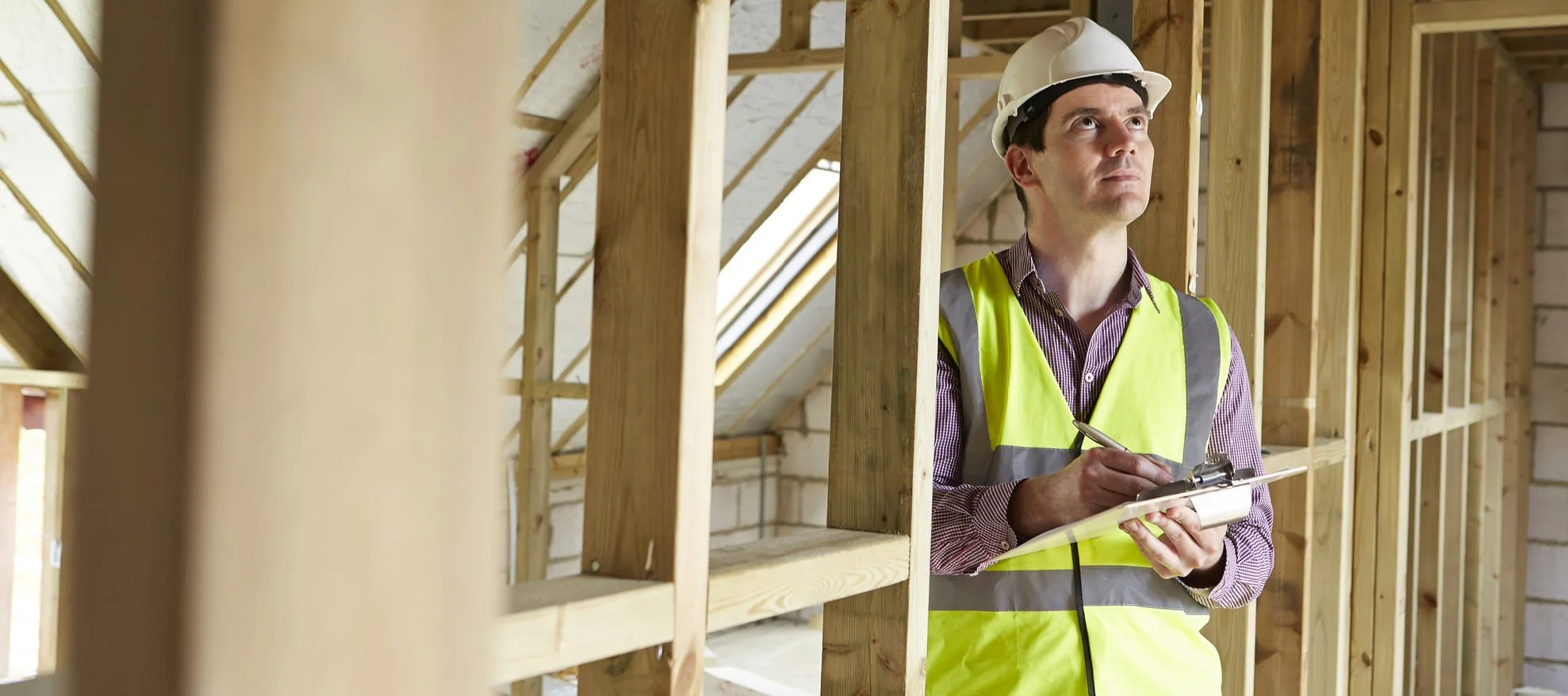Home Inspection Cheat Sheet for Buyers
Congratulations, your offer was accepted! You're finally going to get to own that dream home you've always wanted. Now what? You more than likely know that once you open escrow, you are going to need to do some inspections on the house or condo, that you are purchasing, but do you know what inspections you need to get? If not, it's ok, we have you covered. Inspections are one of the most crucial parts of any transaction. We've all heard of those nightmare situations where 6 months after someone has bought a house, they're missing half a foundation, their plumbing might be decayed or ruined, or there's a dead body in the attic...well, at least I hope not. That's why I've put together a nice little cheat sheet covering all the inspections you'll need, what they are and why you need them.
The thought of incurring more upfront costs during escrow, aside from your down payments, closing costs, and loan fees, might make you nervous. You may even be tempted to cut corners and save yourself a couple of bucks, but my job is to be able to explain which inspections are essential and which are needed only under certain circumstances. It is my hope that my cheat sheet can better prepare you for this moment before you get there.
When people think about inspections, they think of getting a "general inspection" of their house from a general inspector. Yes, you definitely always need to get a general home inspection, but the following is a list of inspections that I recommend to my clients to do on every single one of my deals. Also, please keep in mind I am referencing the specific area of Los Angeles County. Types of necessary inspections will certainly vary across different areas.
Here’s your cheat sheet:
A word of caution: With all inspections, it’s usually best to choose inspectors who know they will not be doing any repairs they recommend (with the exception of pest extermination).
Recommended Inspections for Homes On Flat Land:
General Home Inspection
A certified professional home inspector will do this. According to the American Society of Home Inspectors (ASHI):
The standard home inspector’s report will cover the condition of the
home’s heating system; central air conditioning system (temperature permitting); interior plumbing and electrical systems; the roof, attic, and visible insulation; walls, ceilings, floors, windows, and doors; the foundation, basement, and structural components.
Many inspectors will also run appliances (like the dishwasher), check the seal on dual pane windows, and basically give the home and outbuildings a thorough evaluation, inside and out. Their report will illustrate every finding with one or more photographs.
It’s wise to let your clients know before the inspection that no house is perfect and they should expect to hear about flaws, large and small. Speaking with the inspector post-inspection will help clients understand how immediately pressing some issues may be versus those that simply require ongoing routine maintenance.
Ask a real estate agent for referrals as they know lots of great inspectors. I would also ask friends and family who have recently bought a house for recommendations. If all else fails, you can always google home inspectors in your area but make sure you read reviews!
Chimney Inspection
If it is has a chimney, make sure you get a chimney inspection. California is earthquake country and chimney damage is not uncommon in masonry fireplaces. Chimney inspections are relatively inexpensive and sometimes include a cleaning.
In many counties, policies regarding wood-burning fireplaces are changing (or have already changed). The inspector should be able to provide the latest information on wood-burning rules in your area.
Sewer Inspection
Always! Always! Always!
Sewer inspections are not something most buyers think about. Sewer lines are almost an afterthought if it crosses a buyer's mind at all. Yet it's one of the most important inspections a buyer should conduct. The time to find out if a sewer is faulty or needs replacement is before buying a home, not after the fact. I recommend to all my buyers that they obtain a sewer inspection.
Tree roots growing into sewer lines is a common problem. Roots crawl into tiny openings and expand in the sewer line, latching on to other debris that typically causes backups such as grease or eggshell waste. Sometimes chemicals can kill the tree's roots, but if the roots reappear, the pipe may be damaged and require excavation to fix the problem. If you have problems with your sewer line, they could cost anywhere from $5,000 - $40,000 to repair or perhaps even more if you are living up in the hills.
Recommended Inspections for Homes On a Hill
If you plan on buying a house on a hill, I recommend doing a general inspection, chimney inspection, sewer inspection, and the following:
Geological Inspection
A geologist will inspect the home you want to buy for a variety of different hazards, including potential drainage problems and nearby landslide risks. They will come out to the house and walk the property with you, and research the historical data regarding the dirt on the hillside, in this case. They will indicate whether the soil/rocks have moved if there has been a landslide, and what the future risk of such an event is.
These studies are crucial on hillsides and even in some flat areas. (In wine country, the soil’s grape-growing potential is frequently evaluated before a purchase is made.)
At a minimum, your country buyer clients need to ensure their home is sitting on a stable base. Plus, many counties have stringent guidelines buyers must conform to if they plan to build on slopes.
These rules exist not only for their personal safety but for the continued integrity of the groundwater supply.
Survey
The preliminary title report includes a plat map, showing the boundaries and size of the lot. Buyers should consider hiring a surveyor if they want boundaries marked and/or verified.
Some properties have clear property line markers while others don’t. It’s best to be certain. If sellers can’t provide this information, it may be possible to get them to provide the survey. If boundaries aren't so clear, you can have the surveyor come out and flag your lot where it begins and where it ends. Just let your buyers know that surveys take time and may significantly delay the close of escrow.
In the flat areas, boundaries are often a little clear, but if you are up in the hills and your property lot dives off with a large slope down, it may not be so clear where the boundaries are. I always say it's best to do the inspection and be on the safe side.
If you are living in hills, those are my 5 must-have inspections; general, chimney, sewer, geological, and survey. I believe they are a must and they will protect you, as well as your purchase! I highly recommend them. If you are down in the flats, I would recommend the first three inspections listed: general, chimney, and sewer.




The sun is trying to chase that rain away and it's looking like it should be a beautiful afternoon! Here's your list of today's Open Houses in Los Angeles